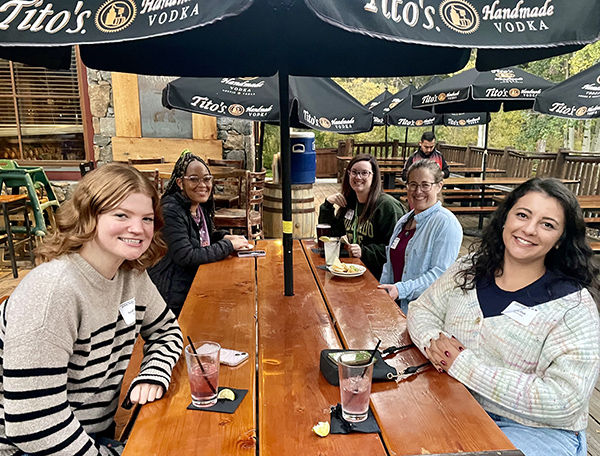The Autism ECHO program at the University of Colorado/Children’s Hospital Colorado (CHCO) began in January 2019 to address the need for more timely access to services for children with autism and other developmental needs, as early diagnosis and intervention lead to improvement in adaptive outcomes. However, there are long waiting lists for these services due to multiple factors including the increase in the prevalence of autism (now 1 in 36 children), the shortage of workforce professionals who specialize in diagnosis and management (less than 800 in the US), and the challenges of accessing care for patients in rural and underserved areas.
Since 2019, the Autism ECHO program has expanded and adapted to enable continued dissemination of need-to-know knowledge around autism to pediatricians – and the audience has expanded over the years.
- Family Engagement Strategies for Early Autism Intervention is a new autism ECHO that started this year and is currently registering for its fourth cohort. The series supports early intervention providers, including speech/language, occupational and physical therapists, with strategies for family-based behavioral interventions.
Autism: Core Concepts for Primary Care Parts 1 and 2 continue to educate about screening, diagnosis and management strategies for primary care. - Autism Case Conference has been running monthly since August 2019 and offers support for ECHO participants through this opportunity for case consultation with multidisciplinary experts.
- The Autism ECHO program has also offered advanced series, including Advanced Case Consultation and Pediatric Care Network Advanced Autism for providers who have attended previous autism ECHOs. Further expanding the autism portfolio is Navigate the Wait: Resources for Caregivers Awaiting a Child’s Autism Evaluation for families on CHCO Developmental Pediatric’s waitlist for an initial evaluation.
All told, ECHO and CHCO have offered 34 cohorts on the topic of autism, for a total of 187 sessions serving 478 Colorado participants. Twenty percent of ECHO Colorado participants are from rural or frontier counties, and 73 percent are Medicaid providers.
The Autism ECHO program serves as the foundation for Project ACCESS, a Medicaid-funded effort at CHCO that addresses access to care for autistic children. Project ACCESS implements strategies to improve efficiency of care in CHCO clinics while training, mentoring and empowering primary care providers to identify and care for children with autism. CHCO conducts outreach to rural clinics where PCPs who have completed autism ECHOs are invited to participate in the evaluation of their patients with CHCO Developmental Pediatrics. Additionally, Project ACCESS has developed Champions in several rural and underserved communities who have completed dozens of autism screenings.





